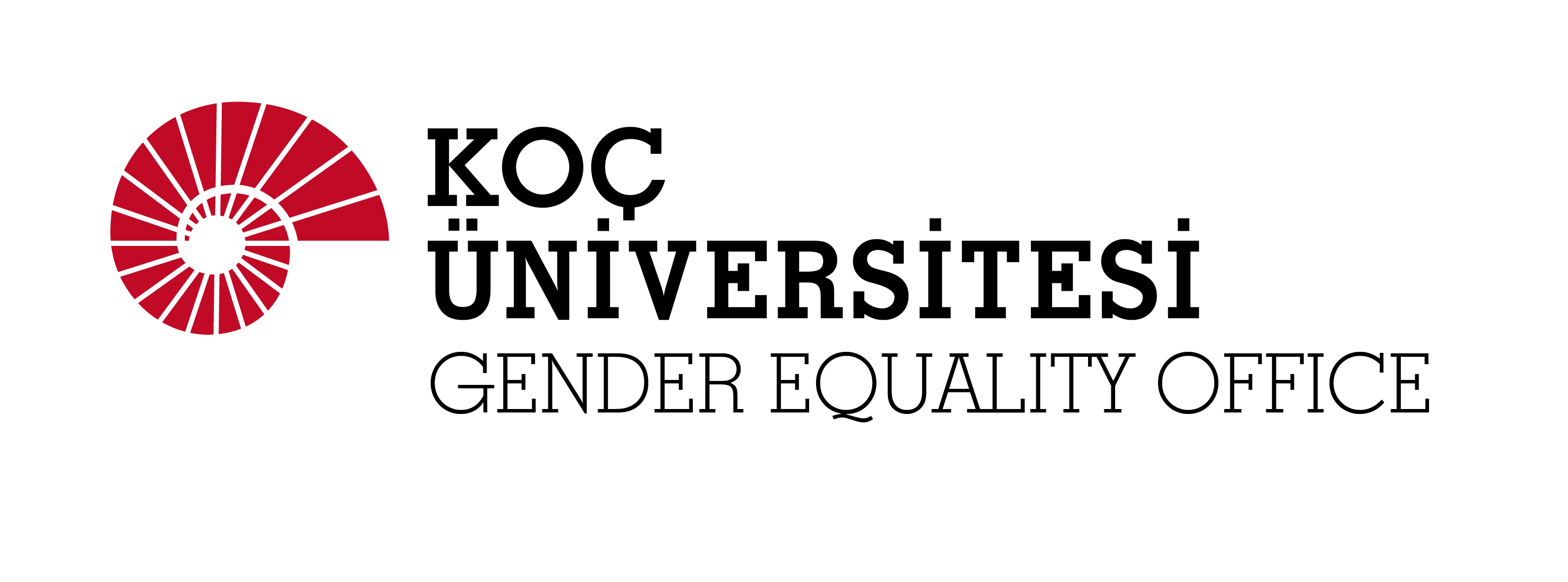For the Koç University Gender Equality Plan (KUGEP), the Gender Equality Committee and Coordinator collected data from various academic and administrative units to assess the state of gender equality at the university and identify areas for improvement. To gain a comprehensive understanding of the institution, the committee collected gender disaggregated data of various groups, such as academic and administrative staff, including research teams, and undergraduate and graduate students. This data included information on the number of absence days, maternal leave requests, sabbatical applications, faculty promotions, academic and administrative leadership positions, as well as teaching awards and recognition. Other relevant data points collected included research project applications, primary investigators of research projects, patent applications, and scholarly publications and impact.
The data collected by the committee also included information on student disciplinary investigations, including cases of sexual harassment, recruitment, retention, and exits, and career movements of administrative staff, such as promotions and rotations. Performance evaluations of academics and administrative staff were also taken into consideration. To capture the personal experiences and narratives of employees, an online survey was conducted by a committee member approved by the Koç University Ethical Committee. The survey, titled “Perceptions and Experiences of Employees on Gender Equality,” was conducted between March and April 2022. The Gender Equality Coordinator also conducted unstructured interviews from April to June 2022, and analyzed institutional policy handbooks, procedures and regulations, KU job advertisements, and mission and vision documents.
